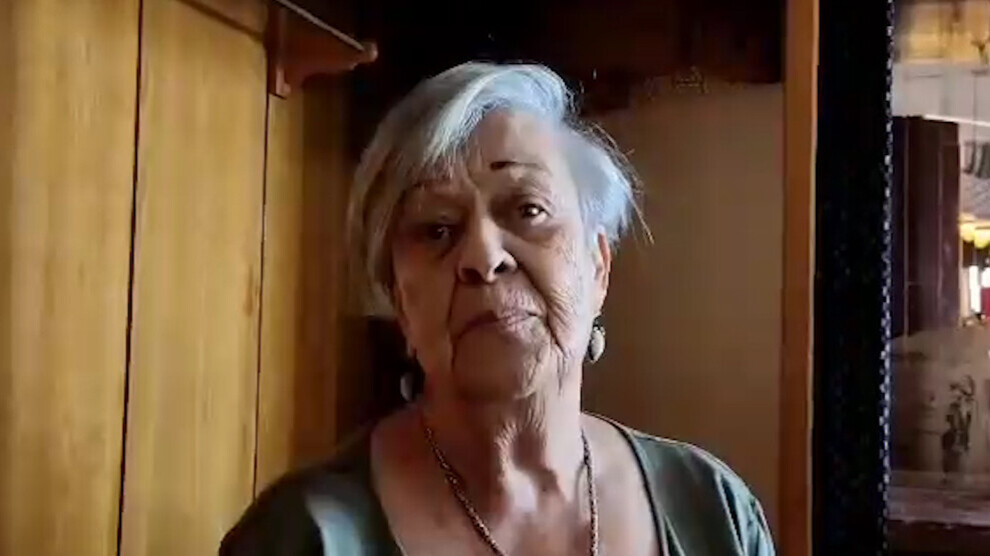Tunisian filmmaker: We will not give up on our achievements
Tunisian filmmaker Salma Bakkar says that Tunisian women will not give up their rights that they gained after struggling for years. “We will not allow our achievements to be taken away, no matter what it costs.”

ZOUHOUR MECHERGUI
Tunisia- Tunisia is a country having the oldest and most influential women's movement, compared to other countries in the region. Tunisian women struggled for the ‘principle of equality’ to be added in the Constitution of Tunisia. This principle enables women to enter untraditional job sectors such as medicine, army and engineering. The feminist struggle, which was a street movement until 1956, founded women’s organizations after some legal regulations. Although this process made the women’s movement passive, the situation changed in 2011. Women led the uprisings, protests and armed rebellions, also known as ‘Arab Spring’, sparked in the country.
The process, which did not bring the expected spring for the women and the people in the Middle East countries, has endangered the rights and laws that women have achieved by struggling for years. In 1956, the Code of Personal Status was enacted in Tunisia; however, it has not been implemented.
‘We will not allow our achievements to be taken away from us’
NuJINHA spoke to Tunisian filmmaker Salma Bakkar about Tunisian Code of Personal Status. “Enacting a law alone is insufficient; the law should be effectively implemented,” she said.
“The Code of Personal Status is an important achievement not only for Tunisian women but also for women of the Middle East to claim their rights. Enacting a law alone is insufficient; the effective implementation of law and carrying out activities to raise awareness among people are important. In Tunisia, the women's movement has gained important achievements over years. We will not allow our achievements to be taken away from us, no matter what it costs.”
